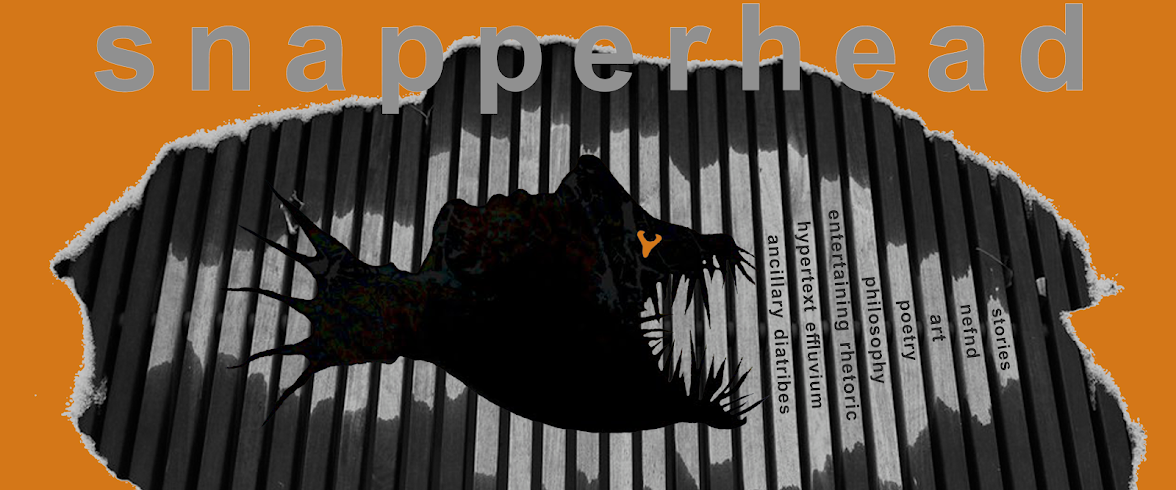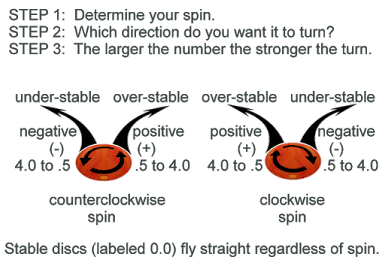I shop in bookstores like this:
- I scan New Arrivals for authors that’ve proven themselves wordsmiths to my satisfaction.
- If I find a new Andrew Vachss (let's say). I open it to the copyright page; 1st printing within the last few months?–buy it without scanning a word (back covers and flap jackets have become mini-movie trailers, which should all begin *warning spoiler alert*).
- If I discover it was previously published (two decades ago, say) but I don’t recall the title, I scan for an introduction or a ‘new afterward by the author,’ and read a bit to determine if this is a previously read novel.
- Still can’t determine if I’ve read it?–sit and read the first few pages.
- Then, I scan genre sections that I prefer; presently Sci-Fi, Graphic Novels, Non-fiction, small press. (Here, I actually expect the book to jump up and down and say ‘pick me pick me’).
- I eventually shop for authors recommended by book-umpires that I trust. (e.g. Chuck Palaniuk not-so-vaguely recommended Katherine Dunne’s Geek Love, in his book fugitives and refugees.)
- I may resort to reading the first few pages of books that have won awards. (I’ve learned, however, that the Pulitzer is rarely an indicator of reading I’ll enjoy, but the Hugo, Nebula, and Bram Stoker’s almost always are.)
- Lastly, I hunt and pick. Reading bits of randomly selected books–for reasons I can’t guess at (probably just because the covers are interesting).
I bought Muffy: a Transmigration of Selves after reading only a few internet blurbs (shame on me). None the less, I applaud the author, S.T. Gulik, for:
- Teaching me to never buy a book written by an untrusted author without holding it in my hand (this will determine if I’m being fucked at the drive-thru).
- Seeding interesting reviews on the Internet about her own book–when extremely incompetent in the writing department, be good at marketing.
- Being an imaginative twelve-year old who accomplished an enviable feat of self-publishing for a junior high school student (a fact, I surmise, solely from the writing).
If you can’t hook me by page thirty, you don’t get read. Here are a few examples of Muffy’s totally-terrible first thirty:
...large, doughy breasts. [cliché]
...sweet childlike voice... [cliché]
...you’re pure as the driven snow. [cliché]
...ain’t nuthin worse than an uppity whore. [cliché]
...she saw for the first time the true face of evil. [cliché]
...a tsunami of nausea came crashing down upon her... [cliché]
...that looked more like a horrible train wreck than teeth. [cliché]
...howl of anguish which resembled the sound a cat makes when it’s in heat... [cliché]
...rusty green bench...; ...door soundlessly becomes one with the wall...; ...Muffy awkwardly fell upon the waffles, devouring them...; ...arched as painfully as it had been before. [all very trite adverbs]
...usually sobs and convulses for hours after an encounter...this time had been different. [mixed present and past tense, and use of passive voice]
She squeezed the animal tighter until it began to feel its bones splinter. [mixed point of view inside a sentence]
...she caught a glimpse of a small figure silhouetted in the doorway. It stepped out of the light and shut the door. At first the room was without form and void and darkness was upon the face of the girl. She could hear her captor’s footsteps as they circled her in the darkness... [jarring change in the writer's tone of voice]
“My name’s Sarah, what’s yours?” Muffy tried to speak but her mouth . . . the blue haired one saw the problem and... [misuse of pronoun convention; once a speaker is identified, don't use a pronoun]
She could only stare at the dog that was now licking at a puddle that was developing around the garbage can. Drunken gaiety gave way to anger as the feeling of being insulted grew in his belly. [mixed point of view inside a paragraph; ‘Drunken’ should have begun a new paragraph]
Some of the vastly-various verbs, and horrendously trite adverbs, surrounding almost all of the dialogue: Muffy remarked, Muffy sneered, he demanded, Muffy mused, Muffy nodded gravely, Muffy awed, Muffy squealed, Muffy grunted inquisitively, Muffy said in awe, Muffy whined, Muffy assured, Muffy pouted, Muffy declared, she asked proudly, she said with a giggle, Muffy asked in awe, Muffy cooed, Muffy continued to coo, Muffy nodded happily, Muffy pleaded, Muffy giggled. In fact, Muffy almost never, ever, just said or asked.
Can an average adult not say to them self: hey, this book is full of disgusting clichés and perverse grammatical usage. I won’t read it. And put it back on the shelf? (which is a slightly altered excerpt from Gulik’s own interest generating introduction-disclaimer). Although I would never consider myself average–yes, I can. And I can write about it all over the Internet so others are informed about a very poorly written book.









































No comments:
Post a Comment